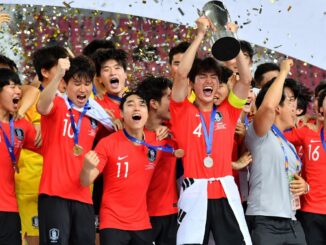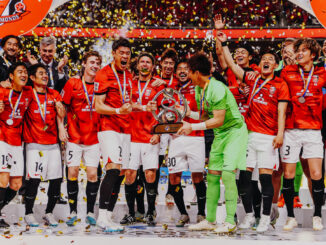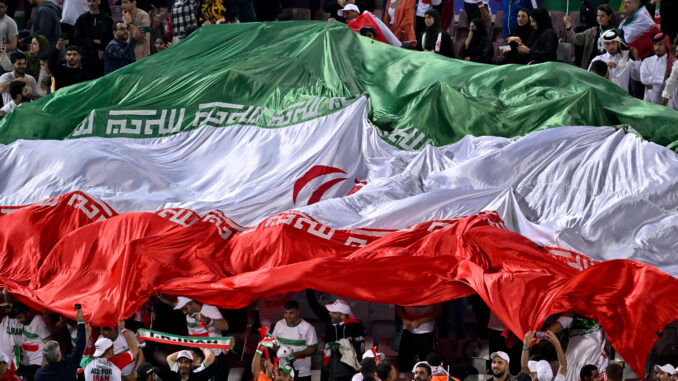
The day of reckoning has arrived for Iran.
Five years after the Al-Ain agony and a 3-0 defeat in the semi-final of the 2019 AFC Asian Cup, Iran will face an opponent that winning against holds more significance than any other rival on the continent, and the reason does not pertain to football.
Iranian people and the administration differ in many aspects, from lifestyle to relations with other countries. However, if there is something they see eye-to-eye on, to some extent, it is Japan, the Land of the Rising Sun, a dream destination for many Iranians.
After the Islamic Revolution in 1979, Iran was invaded by Iraq and engaged in a brutal eight-year war. Consequently, the country faced resource shortages in the late 1980s, and many young people were unemployed. Coincidentally, around that time, the Japanese government decided to lift visa restrictions for Iranians and allow them to work in Japan.
One of the most iconic images from those years in Iran is of people buying tickets and gathering at the famous Azadi Stadium for a chance to win a Japanese visa through a lottery. Out of the 40,000 present, 8,000 secured visas and traveled to Japan. Without internet and social media, the stories they shared with friends and family over the phone created a magical image of Japan for Iranians.
On the other hand, Japan’s transformation after World War II, from a war-torn country to one of the leading nations in technology and economy, made it a role model for leaders in the Islamic Republic.

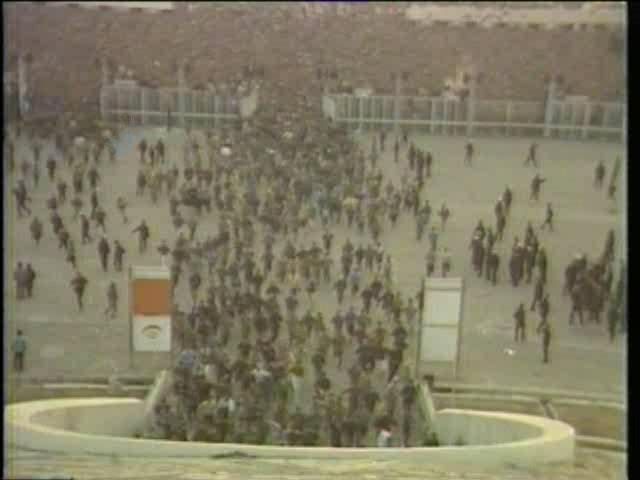

Japan became an Asian country that maintained its independence from global powers and developed into a nation with high welfare standards for its citizens. Some Iranian politicians aimed to emulate this success and turn their country into an “Islamic Japan,” a dream that never materialised.
This admiration for Japan as a role model extended to football as well. Iran’s decline in football during the 1990s intersected infamously with Japan during the 1992 Asian Cup.
In the final group stage match, Iran needed a draw to advance to the semi-finals, but Kazuyoshi Miura’s controversial goal in the 87th minute shattered Iran’s dreams. Team Melli ended the match with only eight players on the field, who were later suspended by AFC for insulting Syrian referee Jamal Sharif. Japan went on to claim their first continental title.
Since then, Japan has won the Asian Cup three more times, while Iran’s quest for a fourth title remains unfulfilled.
In addition, Japan co-hosted the FIFA World Cup as the first Asian country alongside South Korea, but Iran’s several bids to host the Asian Cup were all rejected by AFC. Over the last decade, the number of Japanese players in top European leagues has steadily increased, but most Iranian talents return home after a few disappointing seasons in Europe.
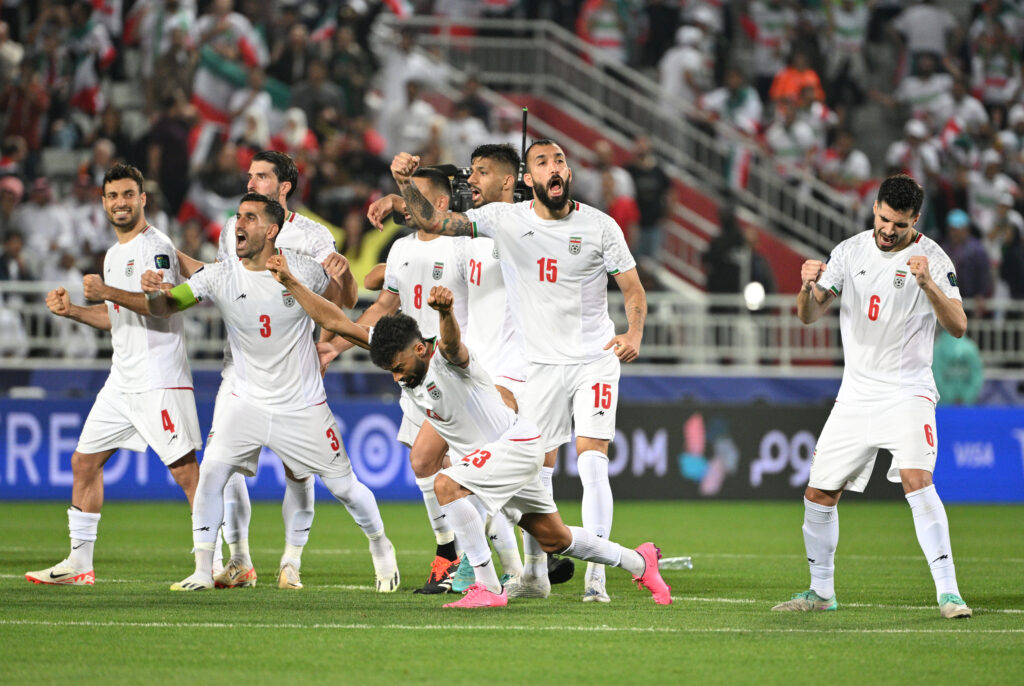
After each of Iran’s eliminations from major competitions, some suggest that we should follow the Japanese model and learn from how they have progressed in football to such a high level. However, everyone soon forgets until the next tournament.
Long before the 2023 Asian Cup, many believed that if Iran wanted to win the trophy in Qatar, they should beat Japan. That day has arrived.
However, Amir Ghalenoei’s side’s performances in previous matches were not satisfying at all. In addition, the absence of talisman Mehdi Taremi will surely affect Iran’s strength and confidence.
In terms of development, Iran has lagged behind Japan more than in any other era of their history. The idea of Iran becoming an ‘Islamic Japan’ may seem like a joke, but on the football field, circumstances could favour Amir Ghalenoei and his team.
Today marks the day for Iran to achieve victory over Japan for the very first time at the Asian Cup. Given the rapid progress of Japanese football, it will be an impossible mission for Iran to defeat them in 2027.
Listen to The Asian Game Podcast with ESPN’s Joey Lynch from the Al Janoub Stadium



